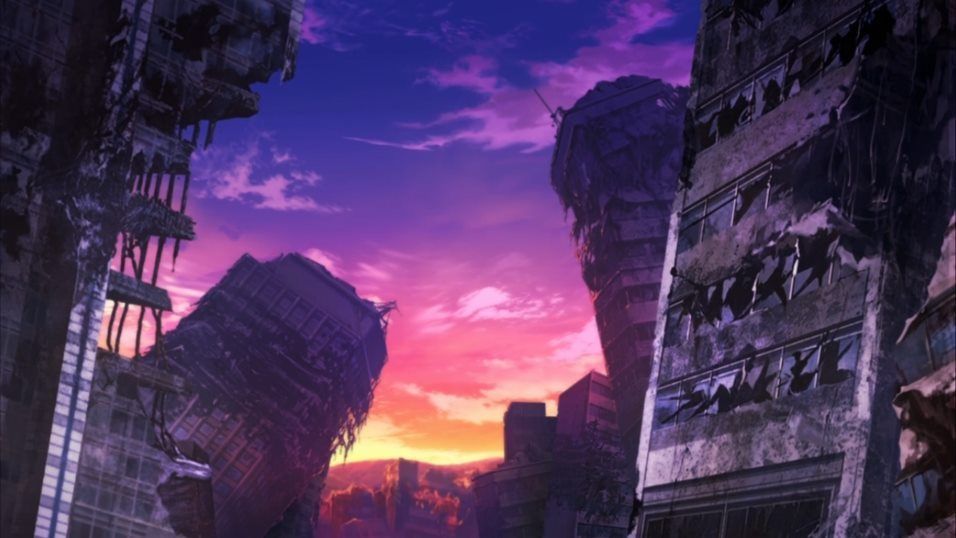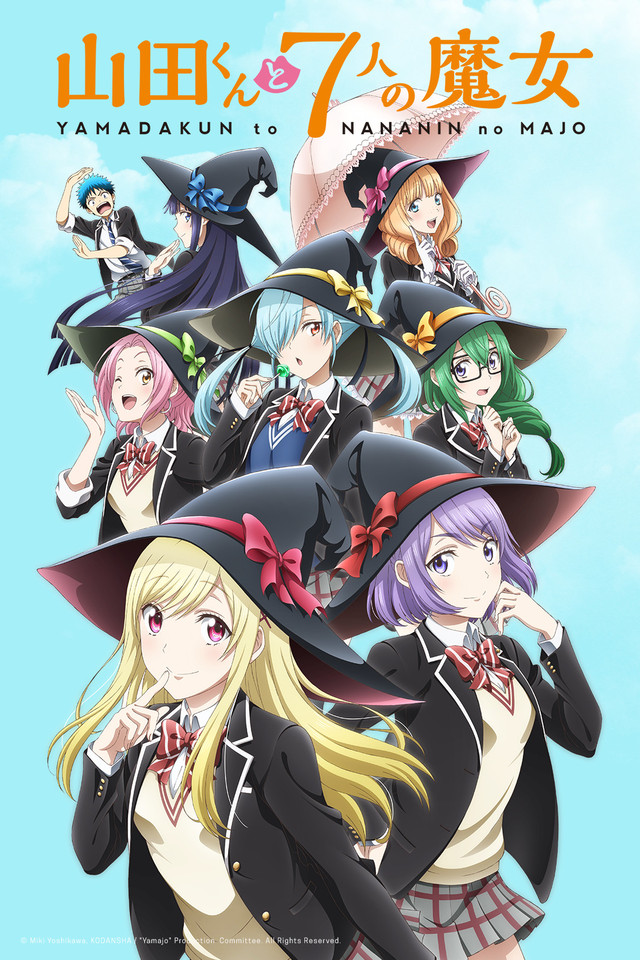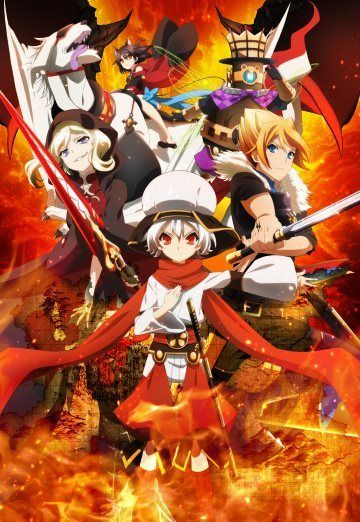As I mentioned, I read The Count of Monte Cristo for that anime podcast I’m in. The novel was so long – 1200 pages – that I kind of had to take a break from reading for a while after. I don’t really have an analysis of the book so much as some scattered musings.
First of all, let me just mention that if anyone wants to read the unabridged English translation then I recommend the Penguin Classics Robin Buss version over the free Project Gutenberg ebook. It turns out that Project Gutenberg uses the first and original translation from back in the 19th century and so feels rather stiff and creaky. The Buss translation is from 1996 and it feels a lot more natural. The book was meant to be a sensationalist page turner when it was originally published and it’s the Buss version that made the story flow that way for me.
Overall I liked the novel but it’s clear that Dumas was being paid by the line. The story could have been a lot shorter and it’s striking how much of The Count of Monte Cristo isn’t actually about the count of Monte Cristo. That, and the story is full of garrulous characters and lengthy descriptions of people and places. Thankfully the book never goes full George R.R. Martin, though.
I find it interesting how short the chapters are, since most are only around ten or so pages. This is unlike a lot of modern novels, but it actually reminds me of the short instalments that are normal in really long fanfiction. This is an apt comparison since both this story and long fanfics are or were both released serially in sequential instalments.
The story itself is very cosmopolitan in outlook. Dumas shows off how au courant he is with contemporary theatre and literature, as besides the expected references to French texts, Dumas casually drops references to Shakespeare, James Fenimore Cooper, Walter Scott, Byron, and 1001 Nights. I wonder, was Dumas the Bourbon Restoration version of a movie nerd today making a film that drops allusions and references to a smorgasbord of modern pop culture?
Also, I did some very rough back of the envelope calculations to figure out how much the treasure at Monte Cristo was worth. I had to find out the exchange rate for livres to British pounds since the historical currency converter I use doesn’t have French currency. It turns out the exchange rate varied from place to place and the only one I could easily find was for Dover. I then had to convert the pounds to present money. With those caveats in mind and accounting for inflation, the count’s treasure amounts to $5 million US in 2015. It’s a decent number though not exactly fuck you money. Still, the economy was smaller back then and that fortune formed a greater percentage of the total amount of money floating around at the time.
As an amusing side note, the book mentions twice that Italian cuisine is the worst in the world, and it phrases it in a way that seems like a widely-held opinion. I wonder, would Dumas have been referring to Italian cooking as we think of it today? If so, what specifically did Dumas and his contemporaries have against it? Maybe it’s all the tomato sauces and the unfamiliar mouth-feel of pasta.
Finally, let me end in remarking that the novel contains more scenes than I expected of men trying to blow their brains out.



